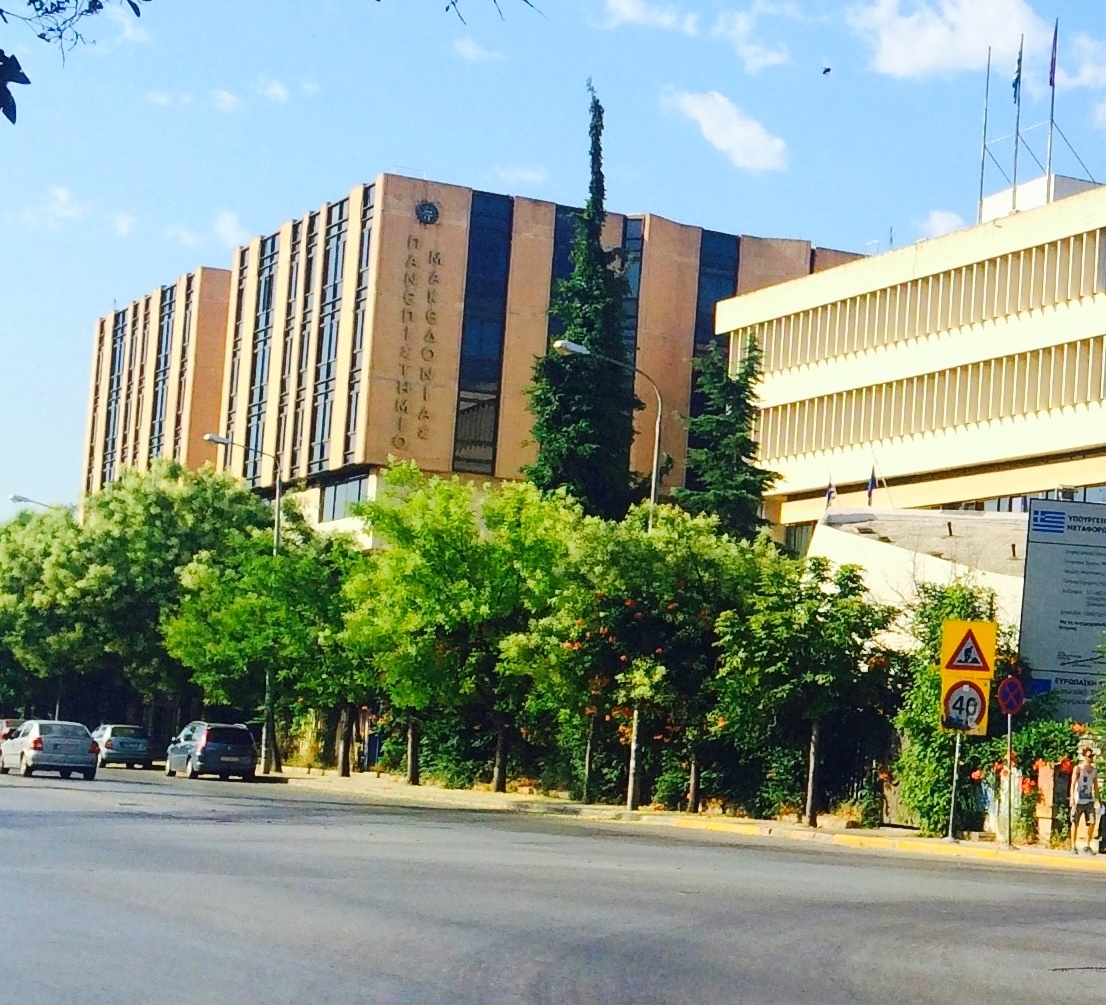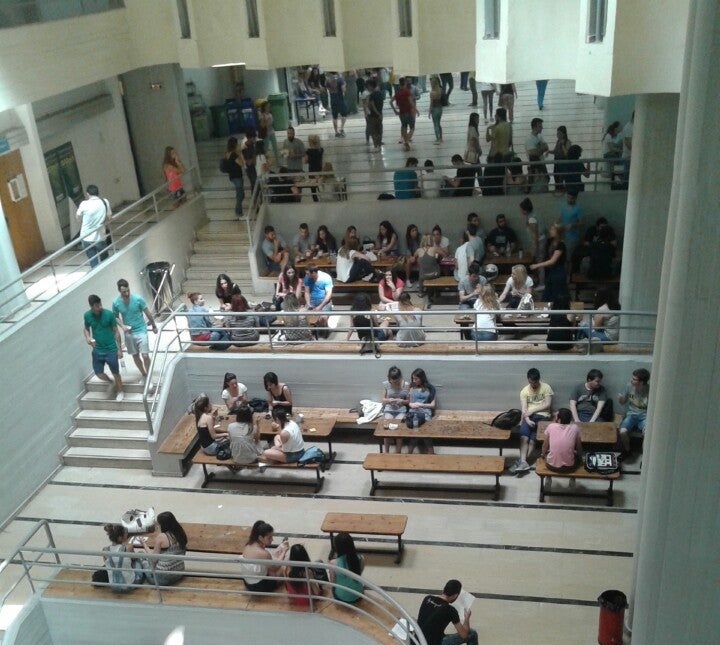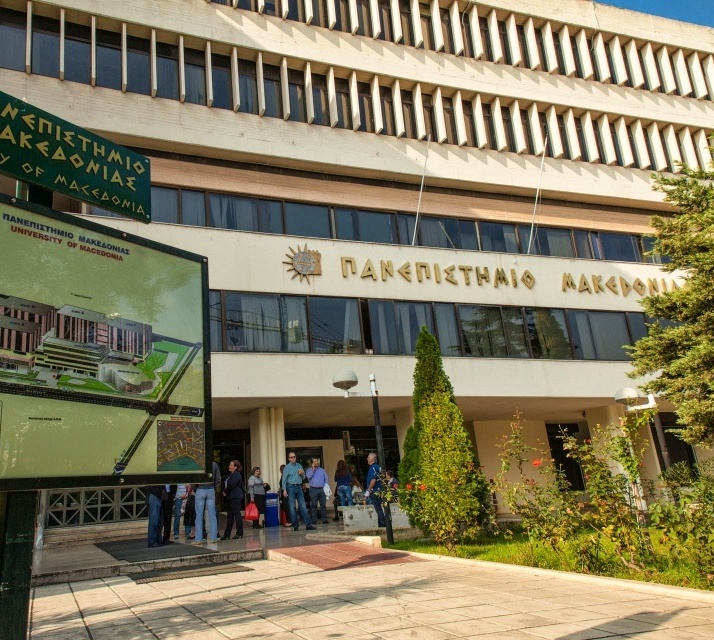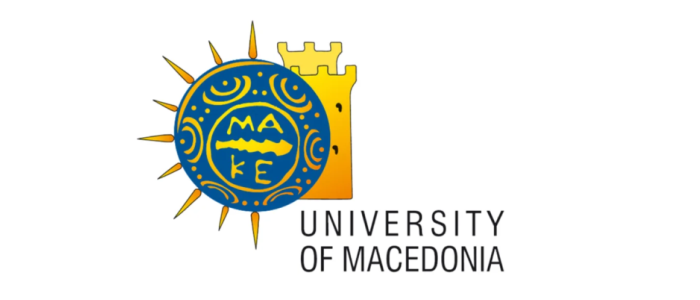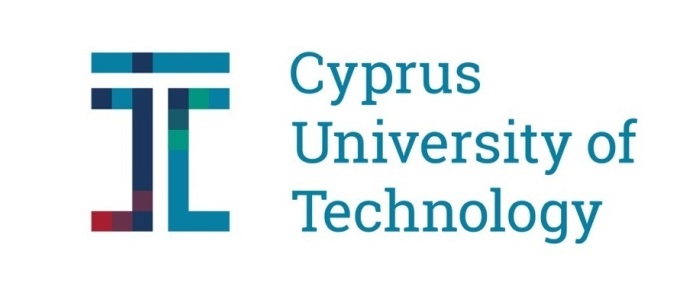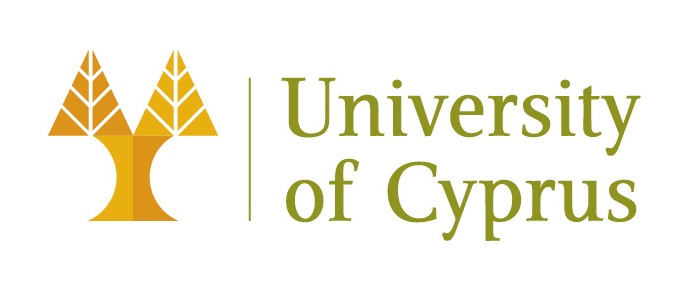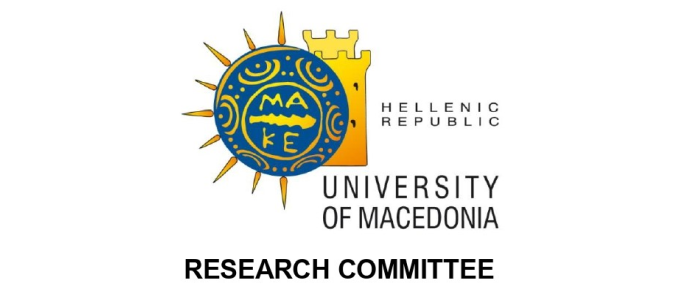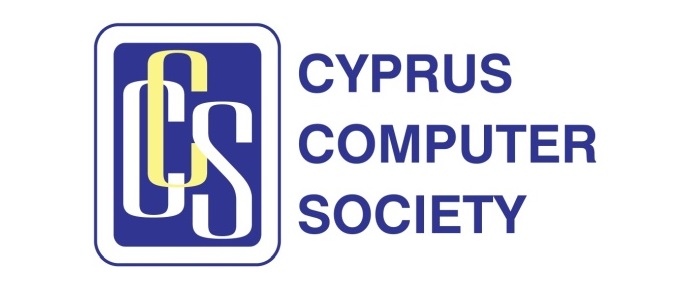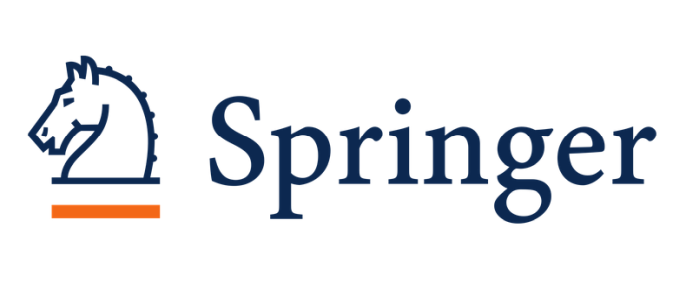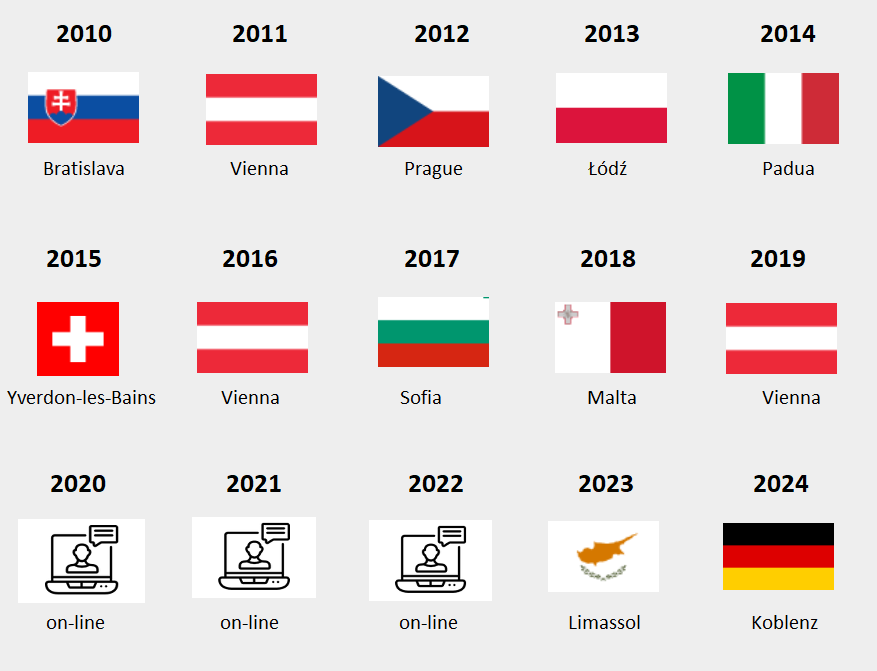Invited speakers
![[Theodosios Sapounidis]](assets/TheodosiosSapounidis.jpg) Theodosios Sapounidis:
Theodosios Sapounidis:
Advancing Robotics in Education: Insights from Meta-Analysis and the DuckyCode System
As robotics continues to shape the future of education, understanding its impact on learning and skills outcomes becomes increasingly critical.
In this keynote, the results of our comprehensive meta-analysis on the effectiveness of robotics in educational settings will be presented,
synthesizing findings from a range of studies to highlight key trends, challenges, and successes. This analysis provides valuable insights
into how robotics-based education influences students’ outcomes across diverse contexts.
In addition to the meta-analysis, the DuckyCode, a cutting-edge educational system designed to enhance the teaching of programming and robotics
will be presented. DuckyCode incorporates an interactive educational robot, paired with both tangible and graphical programming languages. The
tangible interface allows students to engage physically with the system, providing a hands-on, learning experience, while the graphical language
introduces students to the fundamentals of coding in an accessible, graphical way. This dual-language approach is designed to support a wide range
of learning styles and developmental levels.
Drawing from both the meta-analysis and our work with DuckyCode, this talk will explore the potential of integrating physical and digital learning
tools to foster skills and learning with robotics from an early age.
Theodosios Sapounidis is currently an Assistant Professor at the Department of Philosophy and Education at the Aristotle University of Thessaloniki and teaches lessons related to educational technology. He is co-founder and CEO of DuckyCode P.C. a spin-off company at Aristotle University of Thessaloniki that develops educational robots and tangible/graphical programming languages. He was granted four Design patents and one Trademark in Europe along with one Utility patent and one PCT. He first graduated from the Department of Electronics Engineering in 1996 and then in 2002 he also graduated from the School of Electrical and Computer Engineering of Aristotle University’s Polytechnic School. He gained a Master’s Degree in Informatics before continuing to a Ph.D. where his thesis focused on using objects to help children learn the basic programming principles. During his career, he received many awards. In detail, the Cubes Coding proposal won two international prizes, and recently, the project Robotiles, consisting of a smart robot and a fully interactive tangible programming language, won four national and intentional awards. All the awarded projects he created, were used in schools and international events and were related to educational systems, robots, and tangible programming languages. Theodosios was Assistant professor at the Department of Information and Electronic Engineering at the International Hellenic University and has worked on over 20 research projects in the Schools of Medicine, Informatics, Engineering, Psychology, and Philosophy and Education. He has also worked for the Greek Institute of Metrology and he was a lab assistant at the Electronics Engineering Department of ATEITh for over 10 years. Finally, for more than 15 years he was a Laboratory Teaching Staff at the School of Philosophy and Education, Aristotle University of Thessaloniki (AUTH), teaching educational technologies.

![[Proceedings Cover]](assets/springerBook.jpg) All accepted papers will be published by Springer as a special volume in the prestigious Lecture Notes in Networks and Systems series. The volumes of this series are submitted for inclusion to the leading indexing services including SI Proceedings, SCOPUS, INSPEC, WTI Frankfurt eG, zbMATH, SCImago and Springerlink. For more Information about the book series and about indexing visit Springer website:
All accepted papers will be published by Springer as a special volume in the prestigious Lecture Notes in Networks and Systems series. The volumes of this series are submitted for inclusion to the leading indexing services including SI Proceedings, SCOPUS, INSPEC, WTI Frankfurt eG, zbMATH, SCImago and Springerlink. For more Information about the book series and about indexing visit Springer website: 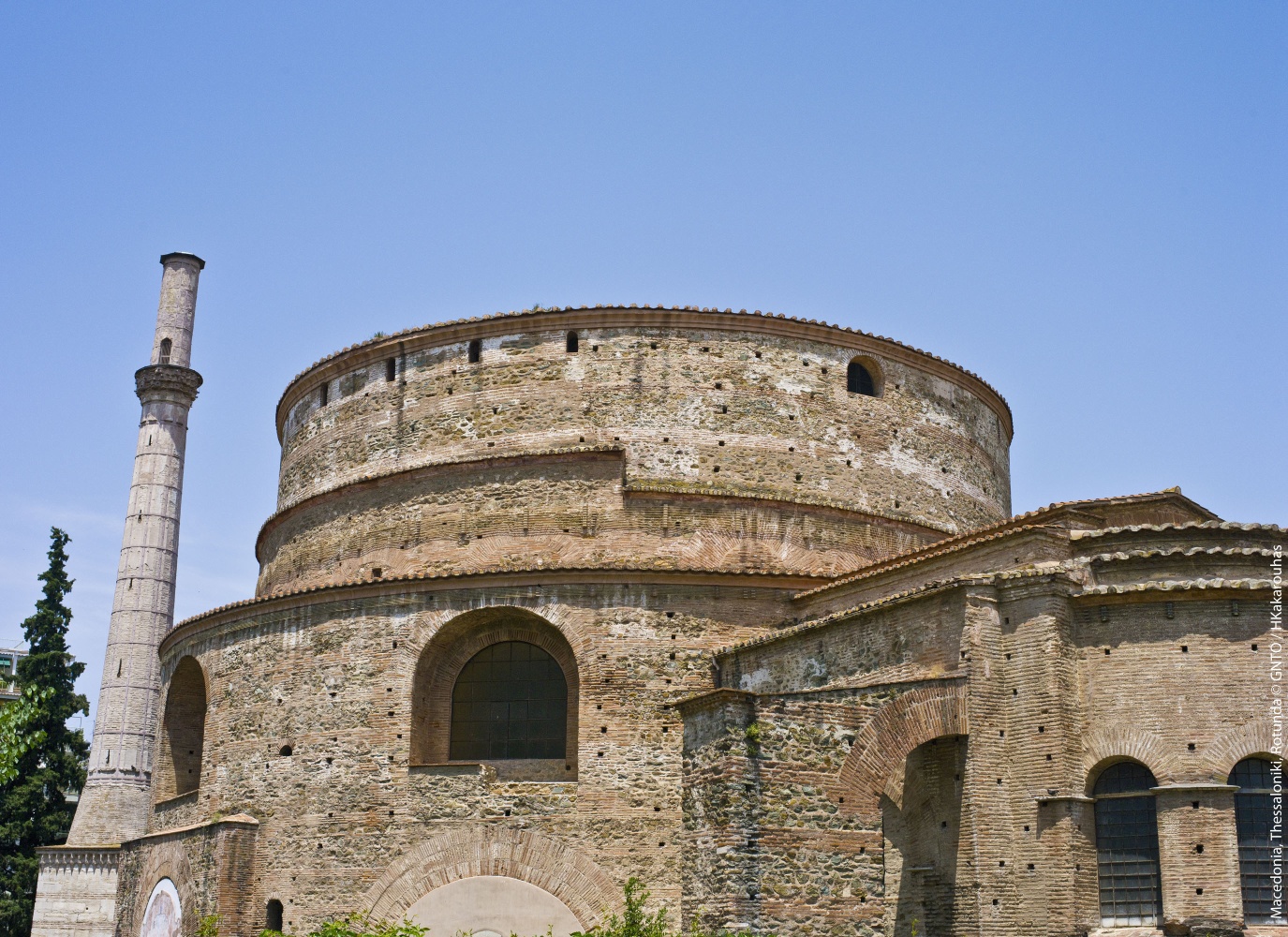 Update: The exact location of the conference is
Update: The exact location of the conference is
